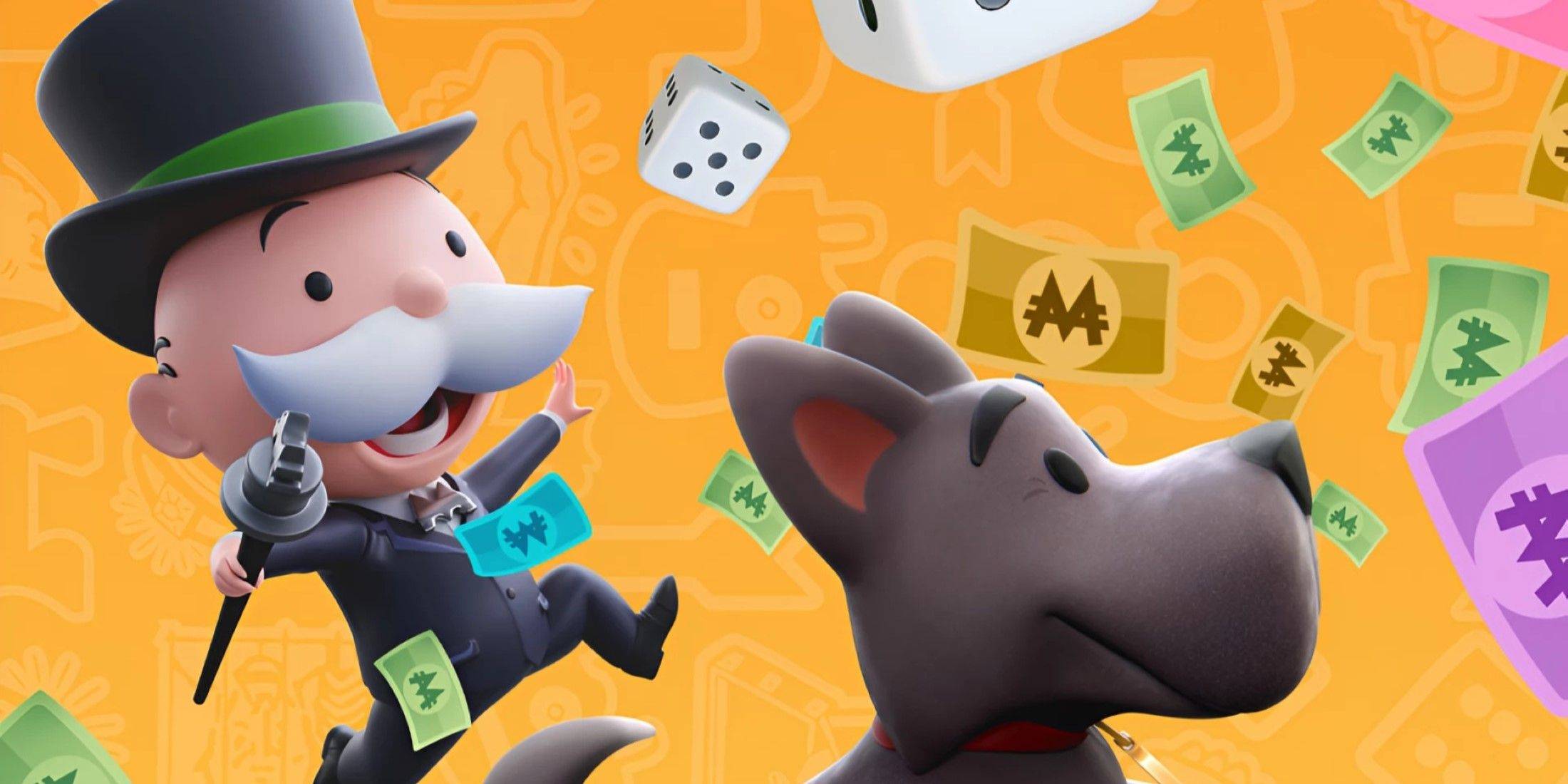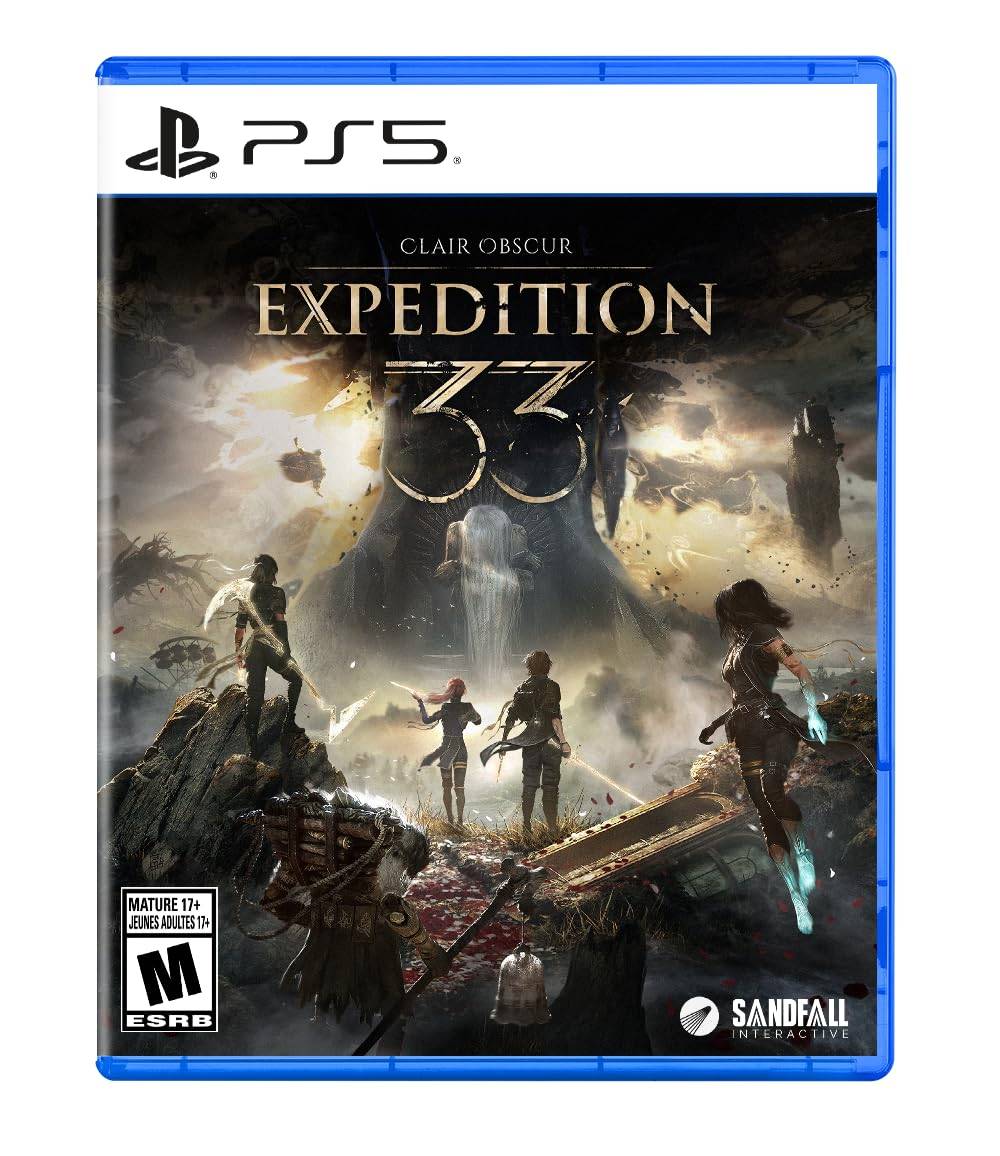
Monopoly GO Microtransactions: A $25,000 Lesson
A recent incident highlights the potential financial pitfalls of in-app purchases in mobile games. A 17-year-old reportedly spent a staggering $25,000 on the free-to-play game Monopoly GO, raising concerns about the addictive nature of microtransactions. This isn't an isolated case; other players have reported spending significant sums, with one user admitting to $1,000 in purchases before deleting the app.
The teenager's substantial spending, totaling 368 in-app purchases, prompted their step-parent to seek advice on Reddit. Unfortunately, comments suggest the game's terms of service likely hold the user responsible for all purchases, regardless of intent. This highlights a common issue with freemium games that rely heavily on microtransactions for revenue – a model that generated $208 million for Pokemon TCG Pocket in its first month alone.
The Controversy Surrounding In-App Purchases
The Monopoly GO incident adds to the ongoing debate surrounding in-game microtransactions. The practice has faced criticism before, with lawsuits against major game developers like Take-Two Interactive (over NBA 2K microtransactions) illustrating the financial and legal implications. While this specific Monopoly GO case may not reach the courts, it underscores the frustration and financial hardship caused by these often-addictive systems.
The profitability of microtransactions is undeniable; Diablo 4, for example, generated over $150 million in revenue from such purchases. The strategy's effectiveness stems from encouraging small, incremental spending rather than large, upfront purchases. However, this very characteristic also contributes to the criticism, as it can lead to significantly higher overall spending than initially intended.
The Reddit user's predicament serves as a cautionary tale. It emphasizes the ease with which substantial sums can be spent in Monopoly GO and similar games, and the difficulty in securing refunds for unintentional purchases. The story underscores the need for greater awareness and responsible spending habits when engaging with freemium mobile games.















